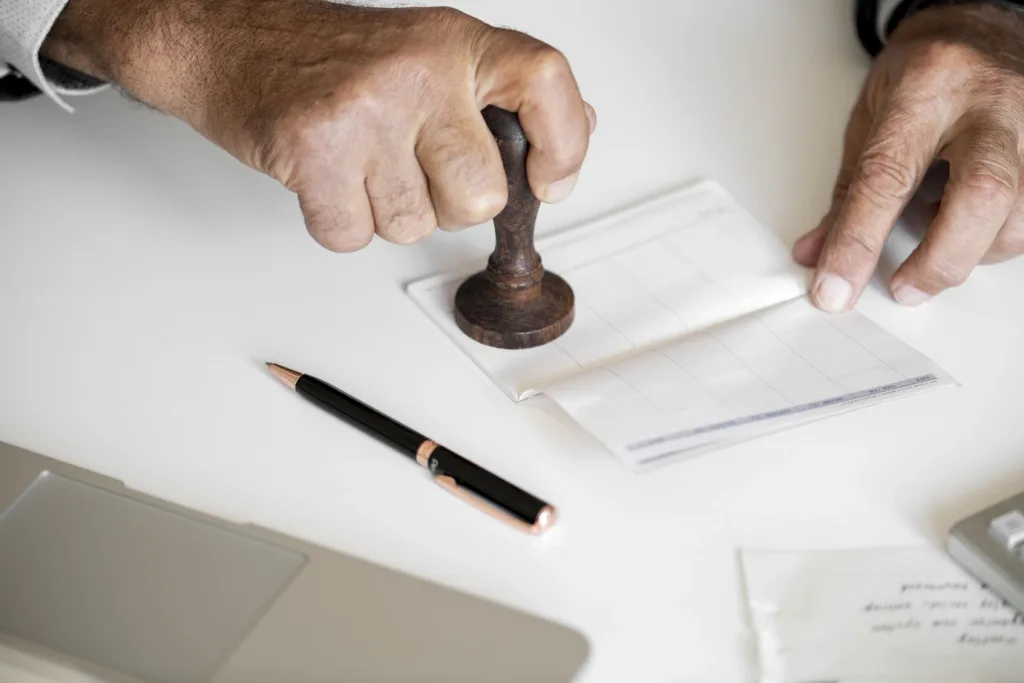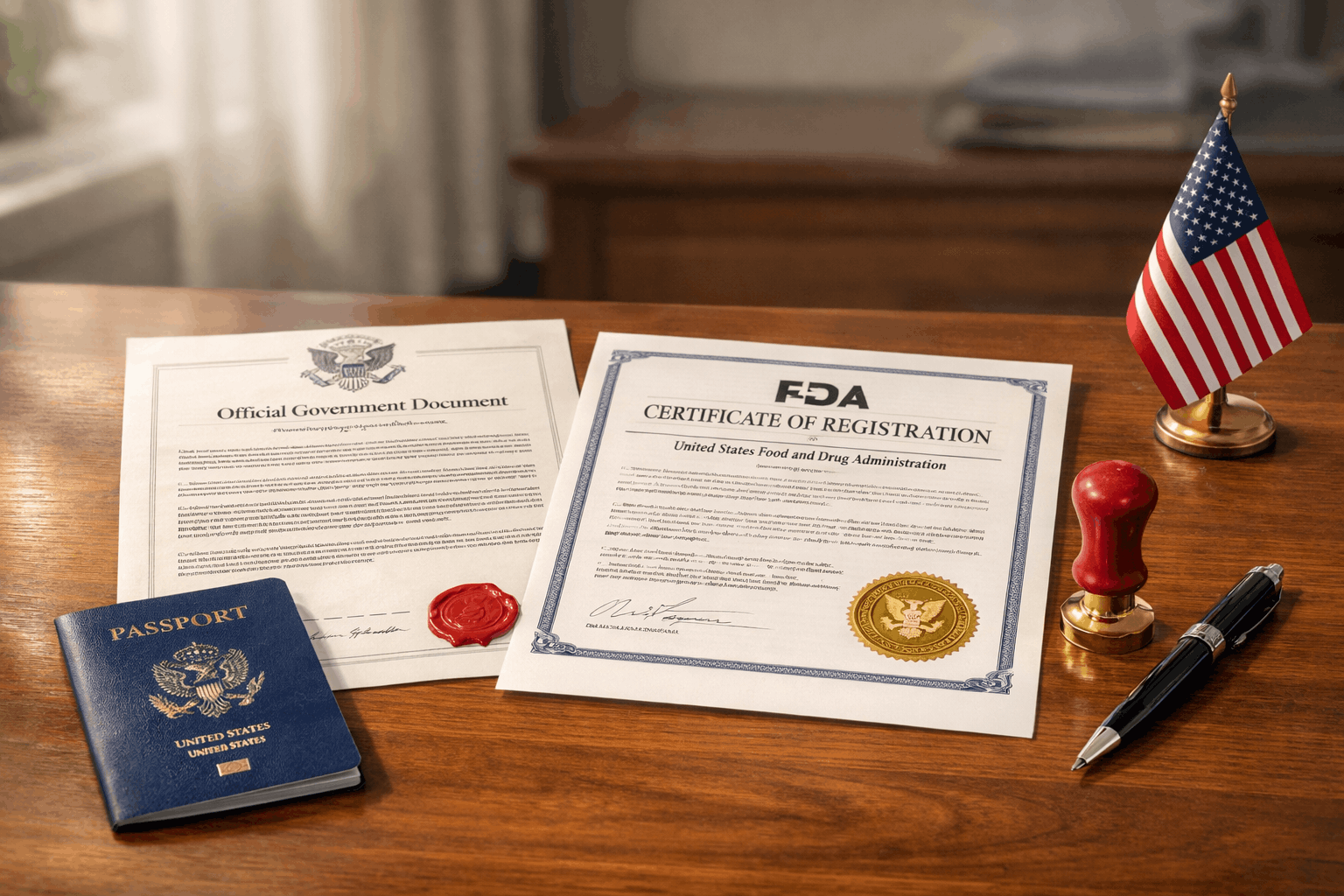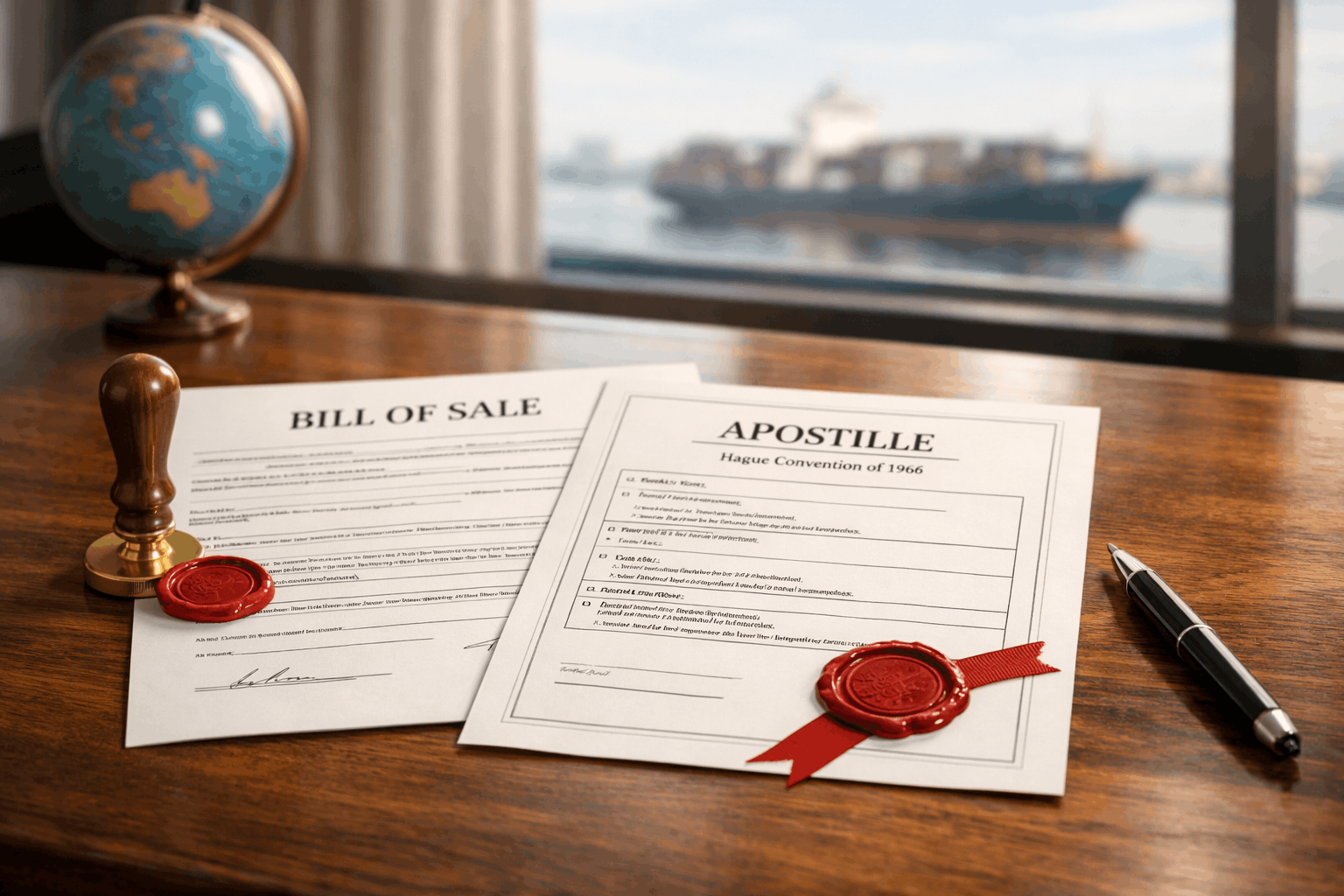
Apostilling a Power of Attorney: Everything You Need to Know
When you need to authorize someone to act on your behalf in another country, a Power of Attorney (POA) is the legal document that makes it possible. But for that document to be accepted internationally—especially in countries that are members of the Hague Apostille Convention—it must be apostilled. In this guide, the experts at EZ Apostille explain everything you need to know about apostilling a Power of Attorney, from understanding the basics to step-by-step instructions.
Let’s walk through the entire process to help you avoid costly mistakes and ensure your POA is valid abroad.
What Is a Power of Attorney (POA)?
A Power of Attorney is a document that grants another person the legal authority to act on your behalf. This can cover a wide range of matters, including financial transactions, property management, legal representation, or even healthcare decisions. The person granting the authority is known as the principal, while the person receiving the authority is called the agent or attorney-in-fact.
This document becomes essential in many life situations, such as when you are physically abroad and need someone to manage your affairs at home, or if a family member requires assistance handling their finances due to illness or age.
What Does a Power of Attorney Allow?
The specific authority granted by a POA depends on its type. A general POA gives broad powers over most legal and financial matters. A special or limited POA is used for specific tasks, such as selling a vehicle. A durable POA remains valid even if the principal becomes mentally incapacitated, while a medical POA allows the agent to make healthcare decisions on the principal’s behalf. Each serves a unique purpose and must be clearly defined in the document.
The most common types of POA include:
- General POA – Grants broad authority over legal and financial matters.
- Limited (Special) POA – Allows the agent to handle specific tasks, such as selling a car or signing a lease.
- Durable POA – Remains effective even if the principal becomes mentally incapacitated.
- Medical POA – Permits the agent to make healthcare decisions on behalf of the principal.
Choosing the right type depends on your needs and the requirements of the country where it will be used.
What Is an Apostille and Why Is It Needed?
An apostille is a certificate that authenticates the signature, stamp, or seal on a public document so it can be legally used in another country. It is issued by the relevant authority in the country where the document originated.
The main purpose of the apostille is to simplify international document recognition between countries that are part of the Hague Apostille Convention. Instead of going through a multi-step legalization process, an apostille provides a one-step certification that is recognized in over 120 countries.
Over 120 countries accept apostilles, including:
If your destination country is not part of the Hague Convention, you’ll need document legalization instead.
Why Apostille a Power of Attorney?
A Power of Attorney that is not apostilled may be rejected abroad, causing delays in legal or financial transactions. If you are selling or buying property, managing a bank account, or representing someone legally in another country, you’ll most likely need an apostilled document to prove the POA’s authenticity.
You may need to apostille your Power of Attorney in situations such as:
- Selling or purchasing property abroad
- Managing family or business assets in a foreign country
- Handling legal matters for relatives who reside overseas
- Representing someone in court internationally
Without proper apostille certification, foreign authorities may not recognize the document, which can prevent you from carrying out essential transactions in a timely manner.
Common Scenarios for Use Abroad
Let’s say you live in the U.S. but need to authorize someone to sell a home you own in Spain. Spanish authorities won’t recognize the POA unless it carries an apostille. This also applies if you’re helping a family member manage assets in another country—apostilled documents ensure your authority is legally recognized.
Requirements for Apostilling a Power of Attorney
To be eligible for an apostille, the POA must meet certain requirements. First, it must be properly notarized. In some states, additional certifications are needed before the apostille can be issued.
Notarization and State Certification
In most U.S. states, a notary public must witness the signing of the POA. After notarization:
- Some states (like California) allow direct apostille processing.
- Others (like New York) require an additional County Clerk certification before the Secretary of State can issue the apostille.
Always check your state’s apostille requirements. For example, you can visit the New York Secretary of State apostille guidelines for official instructions.
Original vs. Certified Copies
You typically need to apostille the original notarized POA. If your document is already on file (such as with a lawyer or government agency), a certified copy may be acceptable, but always confirm with the apostille authority first.
How to Apostille a Power of Attorney: Step-by-Step
Successfully apostilling a Power of Attorney involves several specific steps. Each step ensures that your document will be accepted in the destination country without issues.
Step 1: Draft and Notarize the POA
Begin by preparing the Power of Attorney document. It should clearly define the powers being granted, the identities of both the principal and the agent, and any limitations or conditions. It’s best to consult an attorney—especially if the document will be used overseas—to ensure compliance with both U.S. and foreign legal standards.
Once drafted, sign the POA in the presence of a licensed notary public. Notarization validates the identity of the signer and confirms that the signature was given willingly and knowingly. Most states require an ink signature and an original notary seal for apostille purposes.
Note: Some states require notarization to follow very specific language formats. Always use the correct state-specific acknowledgment wording.

Step 2: Obtain State-Level Certification (if required)
Before the apostille can be issued, some states require an intermediate County Clerk certification or court authentication. This step is typically necessary in places like New York, where the County Clerk verifies the notary’s commission before the document proceeds to the Secretary of State.
Check your state’s apostille requirements through their official Secretary of State website or consult a service provider. Skipping this step in the required states will result in delays or rejections.
Step 3: Submit to the Apostille Authority
Once the notarization and any required certifications are in place, submit your Power of Attorney to the Secretary of State’s office for apostille processing. Include:
- The original notarized (and if needed, certified) document
- A completed apostille request form (varies by state)
- A payment in the correct form (check, money order, or credit card authorization)
- A self-addressed return envelope (if mailing)
If the document was issued by a federal agency (very rare for POAs), you’ll need to send it to the U.S. Department of State instead. You can find details on their official site: U.S. Department of State Apostille Instructions.
Step 4: Receive the Apostille Certificate
Once processed, the Secretary of State will attach a physical apostille certificate to your Power of Attorney. This one-page document confirms that the notary’s signature and authority are valid, and that the document is authentic for international use.
Processing times vary by state, ranging from same-day service to 2–3 weeks, depending on demand and whether you requested expedited service. Make sure to plan ahead if you have upcoming legal obligations in the destination country.
Pro Tip: Using a trusted third-party like EZ Apostille’s apostille services can save time, prevent errors, and eliminate confusion about specific state requirements.
Apostille vs. Legalization: What’s the Difference?
When Apostille Is Not Enough
If your POA is going to a country not part of the Hague Apostille Convention, an apostille won’t be accepted. Instead, you’ll need document legalization through a series of embassy and consular verifications.
Legalization for Non-Hague Countries
Countries like:
- China
- United Arab Emirates
- Canada (depending on purpose)
In such situations, your document must be authenticated at multiple levels: state, federal, and embassy. The process takes longer and requires strict attention to detail.
Where to Apostille a Power of Attorney in the U.S.
If your POA is notarized by a state notary, the apostille is issued by the Secretary of State in that state. If it’s a federal document (rare for POAs), you’ll need the U.S. Department of State.
Using a Professional Apostille Service
Partnering with professionals like EZ Apostille ensures:
- Faster turnaround.
- Accurate document handling.
- Fewer rejections due to errors.
As we often say, “Getting it right the first time saves days, sometimes weeks, of delay.”
FAQs About Apostilling a Power of Attorney
How Long Does It Take?
Processing time depends on the state, but typically takes 1–14 business days. Expedited services are available.
Can I Apostille a Copy?
Some states allow certified copies; others require the original. Confirm with the issuing agency or your apostille provider.
Can Someone Else Submit on My Behalf?
Yes, a third party such as a family member, assistant, or apostille service can submit documents for you.
Conclusion: Making Your POA Valid Internationally
Whether you’re managing property, finances, or legal matters abroad, having a properly apostilled Power of Attorney is essential. Understanding the process ensures your authority is recognized without delay. While it’s possible to handle it yourself, most people find it easier and faster to work with a professional.
Ready to get started? Contact EZ Apostille today and let our experts take care of the entire process for you—quick, secure, and hassle-free.





